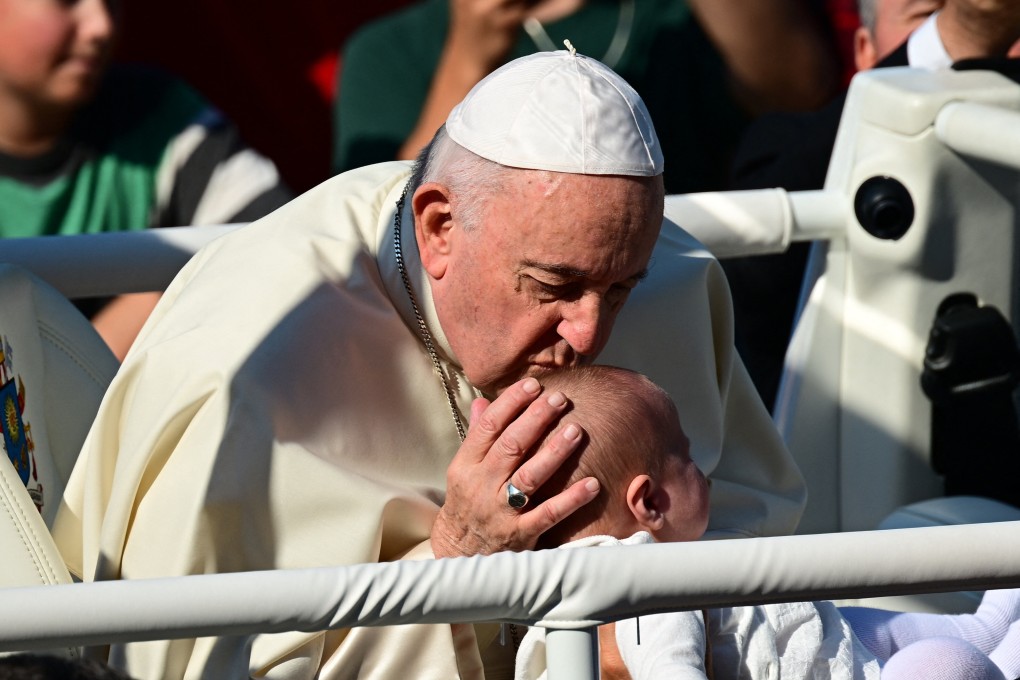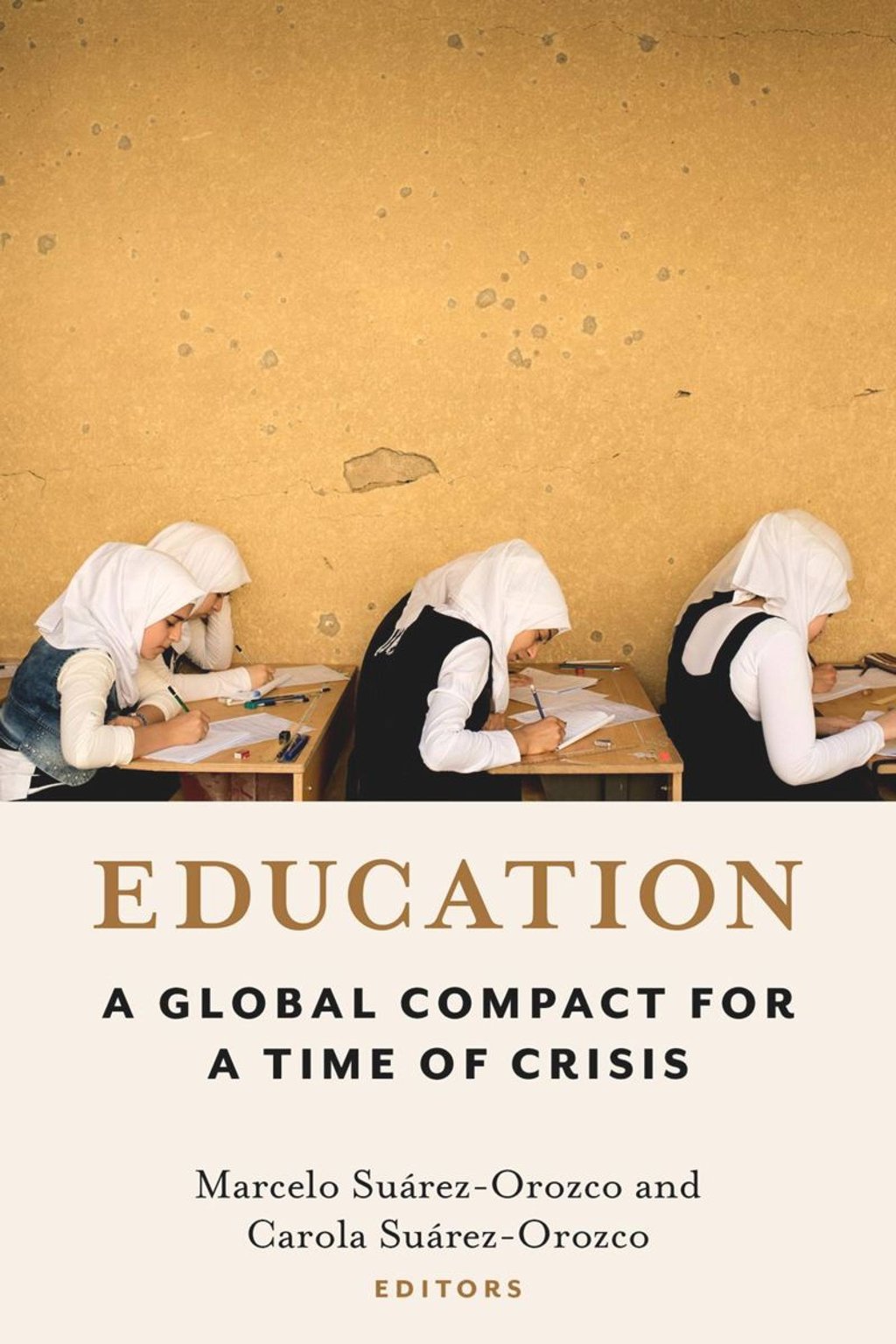Review | How schools can tackle climate breakdown, intolerance and other big challenges – scholars respond to Pope’s call for ‘global compact on education’
- Education needs to go beyond utilitarian and religious, Pope Francis argues. Harvard scholar Howard Gardner says its values should be goodness, truth and beauty
- Other contributors stress the value of reading books in the digital age, and of schools’ role in preparing societies for big change amid the climate crisis

There is no doubt that the Covid-19 pandemic has sharpened the focus on the fragility of human civilisation, in how it is coping not only with disease but multiple crises, of poverty, escalating climate change and angry fissures opening between and within societies.
For decades there has been hope that education would succeed in helping young people fulfil their potential, and drive social and scientific progress.
But in this time of crisis, many are questioning what has been achieved, and what needs to change.
This book is the outcome of such soul-searching, initiated by Pope Francis and his call, in 2020, for a new “global compact on education”, shared in his foreword.

Rather than looking overtly to God for solutions, the editors draw on experts in global development, and fields related to education, from the economist Jeffrey Sachs and Stefania Giannini, Unesco’s assistant director general for education, to Howard Gardner, the Harvard University cognitive psychologist best known for his concept of multiple intelligences.
